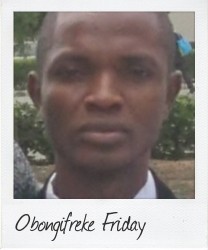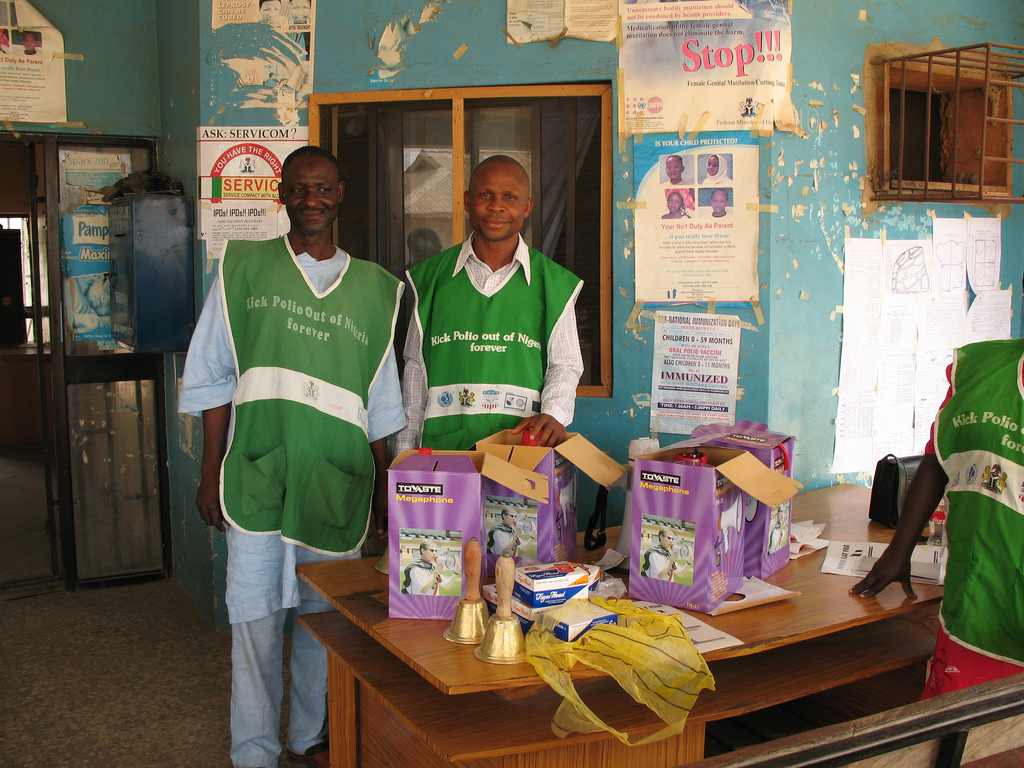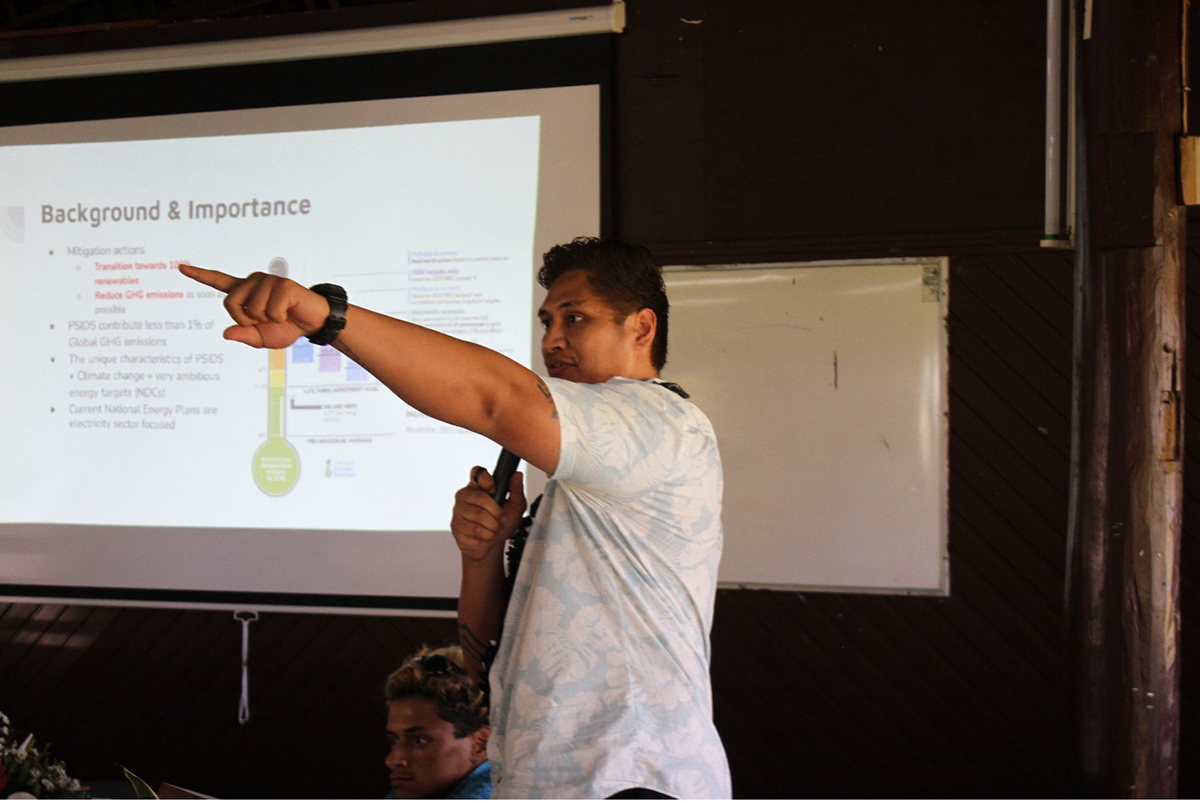“Nigeria celebrates one year free of new polio”
August 30 Nigeria has passed a vital goal in the fight to eradicate polio, but as Obongifreke Friday, 27, a Correspondent from Akwaibom in Nigeria writes, there is still one more step in the battle.
Nigeria has passed a vital goal in the fight to eradicate polio, but as Obongifreke Friday, 27, a Correspondent from Akwaibom in Nigeria writes, there is still one more step in the battle.
Friday 24th July 2015 was the day Nigeria celebrated its first year with no report of new polio cases.
It could be recalled that some years ago, West African nations were recording several cases of polio and of course the largest incidence of the disease in the world. For instance, as recently as early 2012 Nigeria recorded about 122 polio virus cases, which was the highest number of polio cases globally.
Polio is a disease which shows up as a fever and cold, followed by quick acute paralysis as the virus destroys nerve cells. The disease mainly affects children under five years of age. The virus, which enters the body through the mouth and multiplies in the intestine, is then spread through feces.
The disease is highly contagious but has witnessed a drastical reduction since the Global Eradication Initiative began in 1988. At that time the disease was one of the most feared illnesses. It was endemic in 125 countries and was paralyzing about 1,000 children every day.
However, with the successes recorded, is Nigeria free from polio? According to a statement by Dr. Ado S. G. Muhammad, Executive Director of the National Primary Health Care Development Agency, which was reported by Champion News in July of this year: “Nigeria will only be certified polio free by WHO in 2017, provided its maintains zero case status”.
It is of no doubt that we are excited of the progress that has been made, but let’s not be distracted of the achievement. Rather it’s time to work harder toward maintaining the zero case status.
To achieve this, the government has a lot to do, especially in the area of proper funding, and strengthening of surveillance systems. The Ministry of Health has a large role to play, including improved and routine immunization, quality campaigns and awareness creation – all while ensuring that vaccines are available at various primary health centres.
It is understandable that some religious beliefs do not permit vaccinations of children; this is where the international community comes in with effective policies and adequate support of various polio eradication programs.
As we look forward for a complete polio free certification in 2017, a strong commitment is desired by everyone including caregivers, religious leaders, nongovernmental organizations, and educational institutions.
This is mandatory, because the lives of children are at risk in a society where polio thrives. This reminds me of some African countries that are still witnessing cases of the disease. African leaders should rise up to tackle polio and ensure complete elimination of the disease. They should adopt some of the strategies which Nigeria has adopted to proven success. Some international health agencies such as WHO should also raise awareness of the need for total elimination of the disease.
As Nigeria marks one year polio-free, let all hands be on deck as we work together to achieve complete certification by 2017.
photo credit: IMG_3200 via photopin (license)
…………………………………………………………………………………………………………………
About me: I am a Nigerian who likes critical thinking, problem solving and youth motivation.
As a graduate of mechanical engineering I spend most of my time in solving complex engineering mathematics, puzzles and design. And notwithstanding I love playing football!
My passion for writing has made me to write a lot about several issues which I publish in my blog www.fesof.wordpress.com
My mission is to contribute to problem solving while impacting life across the world.
…………………………………………………………………………………………………………………
Opinions expressed in this article are those of the author and do not necessarily represent the views of the Commonwealth Youth Programme. Articles are published in a spirit of dialogue, respect and understanding. If you disagree, why not submit a response.
To learn more about becoming a Commonwealth Correspondent please visit: http://www.yourcommonwealth.org/submit-articles/commonwealthcorrespondents/
…………………………………………………………………………………………………………………




